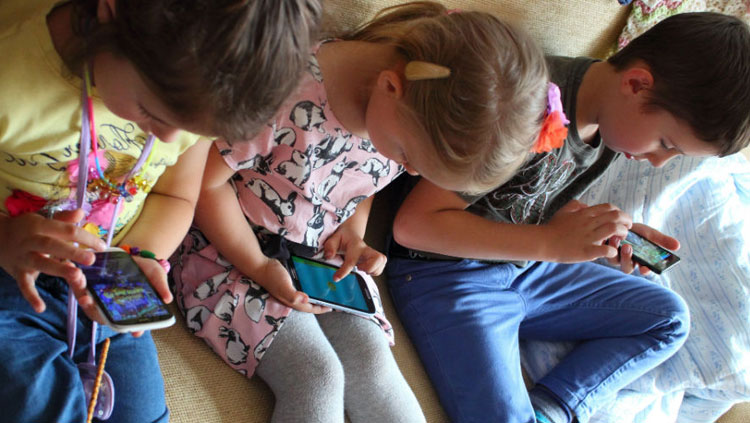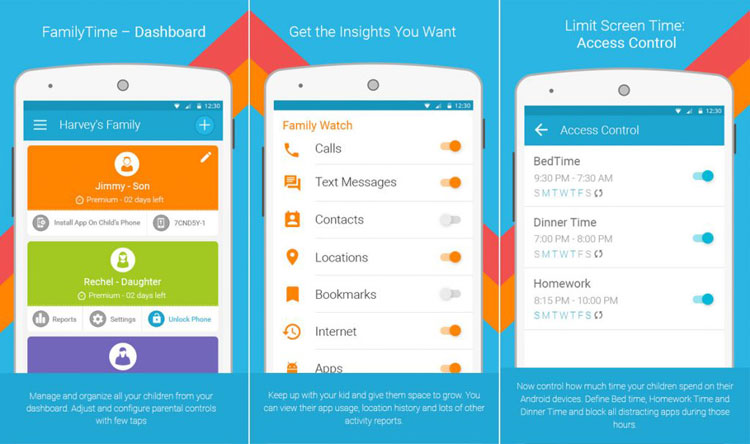
Since decades TV programs and magazines have been portraying unrealistic beauty standards for the younger generation. The photo-shopped pictures of models and celebrities make teenagers feel bad about their personality. But, with the rise of technology, the problem of low self-esteem has increased to an astonishing extent among teenagers. Teenagers feel intimidated not by popular public figures but by their own friends and classmates. Social networking sites are the main reason of this exceeding problem.
Social Media and Teen’s Self-Esteem
On social networking sites, most of the users obsessively post about their thrilling, shining lives, showing only the ideal part and privileged moments while hiding the failures or struggles of everyday life. These images and updates cause distress and initiate inferiority complex in many teenagers. These filtered images cause a drop of self-esteem in most kids and that is why parents need to protect their kids from excessive exposure to the Internet.
To address the problem, you need to first understand a teen’s approach. Following points will help you understand how teenagers perceive social media:
1. They find it difficult to resist social sites
Even if you talk to your teenager about the unnecessary pressure social media inflicts, they still find it difficult to resist. They constantly check each other’s photos and associate their self-esteem with the number of “likes” they receive on a particular selfie. As a parent, you need to limit your child’s exposure to social networking sites.
2. They feel depressed and hide imperfections
Low self-esteem and obsession with social media are not lighter issues and you need to deal with your kids empathetically. The fear of missing out (FOMO) is exceptionally real for teens and tweens. They want to stay connected with everything going on in their social circle. Kids experience depression or anxiety and start being fake to hide their imperfections.
3. They observe everything as a competition
The biggest problem with social sites is that the perfect life shown by others can fuel negative feelings in teenagers. When they see their peers achieving something while they are struggling, they start considering themselves worthless. Only parents can make their child understand that posted on social sites should not be perceived as a competition.
How Can Parents Take Advantage of an Android Parental Control App?
With the advent of Android mobile devices, it became difficult for parents to monitor their child’s digital activities. Android parental control app such as FamilyTime enable parents to:
- View the list and usage frequency of social apps installed
- Block the addictive social apps
- Lock teen’s device with a single swipe
- Schedule an auto screen lock on teen’s device
There is a lot more that parents can do with this app. So, give it a free try. The trial version of the app gives you access to all premium features of the app for complete 3 days. You can get the FamilyTime app from the app store on your phone say Google Play or iTunes.




very informative article! Thank you!! We also started using a parental control app recently and I am trying to read as much about this as possible. They told us about it at school, as appears screen time, social networks and mobile devices addiction is a huge problem among kids now. They recommended us the app called Kidslox. I like that it works for both Android and IOS and is very simple to set up. I already noticed that my kids behaviour changed!! So if somebody still doubts, start using parental control.